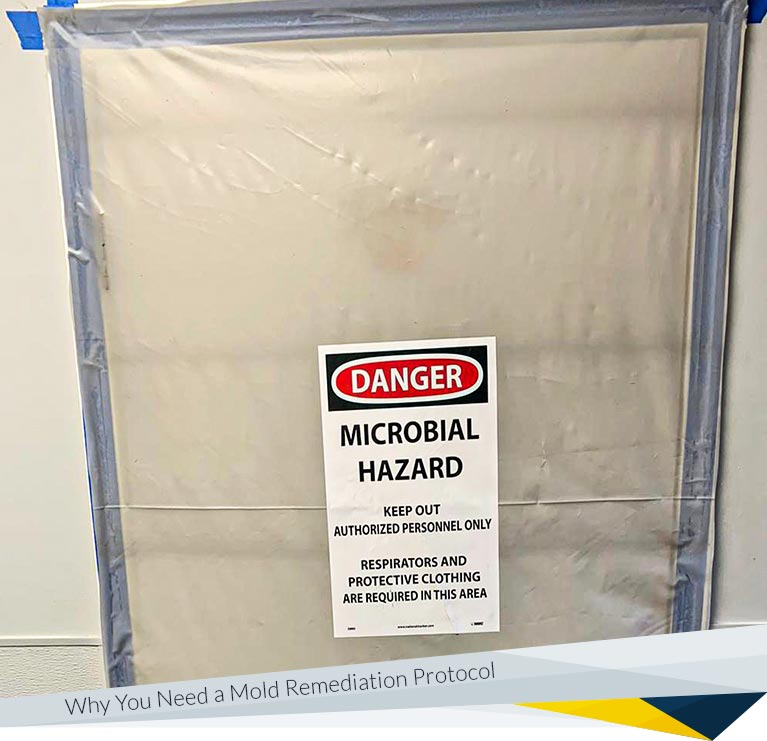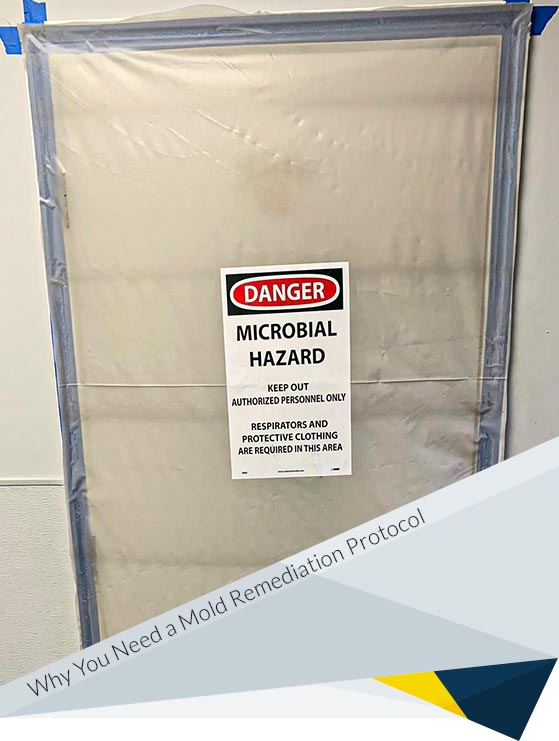
You think it is a trick of the light the first time. You take a closer look. And yes, the mold is back!
You have tried everything. All the DIY tips on the internet don't seem to be working. You might have even called a mold removal company. But, the mold just grows back a few weeks or months after.
Well, that outcome is expected because these methods are not the best way to get rid of mold. What you need is a mold remediation protocol!
Before you jump right to looking for how you can get a mold remediation protocol, you must take a few minutes to learn what it means. We have taken the liberty to write down everything you need to know about a mold remediation protocol.
But let's take the two words - mold remediation - first! We will add the protocol later!
Remediation is the noun of the action of remedying. It means trying to reverse something or stopping its adverse effects.
While it is impossible to completely remove mold, it is possible to stop it from coming into your home. What about mold makes it like this?
Mold is not only the visible black, grey, white, or green stain on your wall. Mold is also invisible microscopic spores in the air or water. These mycotoxins are always in the air but you can't see them due to their microscopic size.
When these invisible mold spores encounter healthy growth conditions, the mold spores settle and start to grow. It is that growth that you see on your walls or surfaces as mold.
So, forget whatever any ad or person had told you before. You can't completely eradicate mold spores from your house, because they are already in the air. What you can do to prevent its adverse effects is mold remediation.
Mold remediation helps you to reduce the number of mold spores in your house and repair any conducive environment for mold growth. There are specific guidelines and procedures that ensure safe mold removal and mold prevention.

When testing for mold, the mold inspector will typically write up a mold remediation protocol, a detailed list of exactly what needs to be done in mold remediation. This can also be created by our mold remediation specialists before they begin the job. This protocol should be strictly followed if you want the best results from your remediation.
When looking to create a protocol, a mold specialist usually begins with an inspection of your house or building. The technician checks the mold infestation and other high-risk areas of the building. There could be hidden mold growth in places you didn't know to check. Based on this inspection and the technician's training in mold remediation standards, the technician will create a plan for the mold remediation.
After the creation of the protocol is completed, other aspects of the mold remediation start till your house is deemed safe. Proper mold remediation would leave you with a building that is mold-free and unlikely to get mold growth for a long time.
For the right results, the mold remediation protocol should be followed. We have shared with you below the basic steps that are involved in the mold remediation.
The proper mold remediation for the best results will involve the following steps. We follow all steps in our mold remediation services, tailored to the conditions at every specific work site.
This first step involves mold inspection and testing. The technician looks for the mold in susceptible areas. After finding the visual inspection, mold testing can take place to know the type and amount of mold in the building.
The mold expert should have the equipment to aid the search and testing of mold. Mold samples would be taken to a lab for comprehensive analysis.
All findings from the mold inspection and testing should be properly documented. The mold remediation company would give you a copy of these documents which includes pictures and videos of the mold.
These documents play a key role in the determination of the remediation plan. It would determine how long the remediation would last. You will know whether you need to move temporally.
With the documents on the mold, the technician can carry out a proper estimation of its impact and intensity. This calculation shows the total level of contamination in the house. You can determine how to approach the remediation from the calculations.
Based on our calculations, there are different levels of contamination. The remediation process also relies on these different levels. A Level 1 contamination means only at about 10-30 feet of your walls or surfaces infected.
While you can remediate a level 1 contamination yourself, it is best to allow experts to do it for you. They would get all the mold and follow all safety guidelines. You also won't have to risk inhaling the mold.
The technician will review everything that has been done according to the protocol, including preventive measures like treating surfaces with substances designed to prevent mold growth from returning.
If testing was performed initially, testing can be performed again at the end of the process to show that mold has returned to normal levels in the affected areas.
Leaving mold contamination has costly consequences. The mistake many make is to do a mold removal instead of proper mold remediation. However, proper mold remediation from a certified expert is always the better option because of these reasons.
Proper mold remediation is the only sure way to get rid of mold. But, when do you need mold remediation? The short answer is immediate you suspect or sight a mold growth!
Mold remediation is the full package. It would help you find all hidden mold sources, test the mold, remove it, and prevent its future reoccurrence.
If you are looking for a certified mold remediation expert, you don't have to search anymore. We are here for you!
At FDP Mold Remediation, we offer a FREE consultation. Why is a free consultation so important, you wonder. Well, it helps you understand our company and what we offer without paying a dime. We would also help you get a good grasp of what procedure your home needs during the consultation.
There is much more to enjoy when you choose our services. Our experienced technicians do an effective job. They are polite and always happy to serve. We also have state of art equipment with a lab for mold testing. You can get all mold remediation services with us from mold inspection to mold removal.
So, if you stay in VA, NJ, NY, Washington DC, Baltimore, or any of our other serving areas, what are you waiting for?



